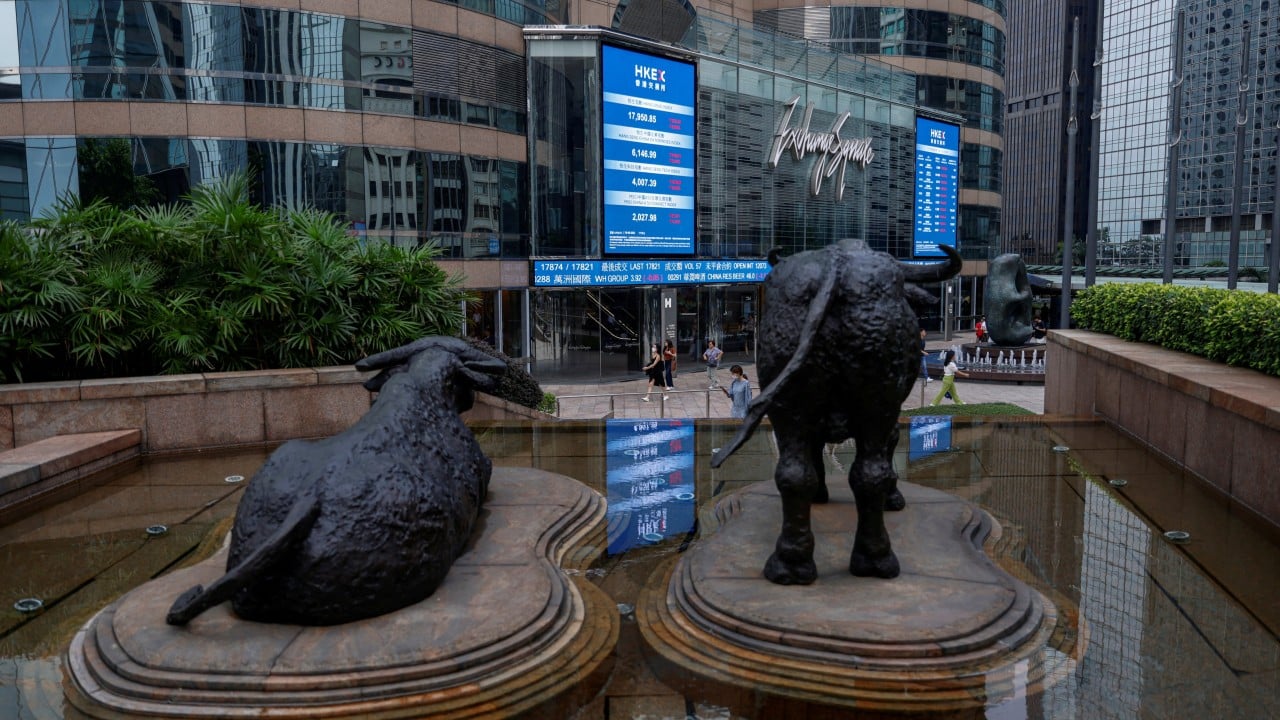In global equity markets, the performance gap between London and Hong Kong has widened dramatically. Once one of the world’s most liquid stock markets, the London Stock Exchange (LSE) has haemorrhaged listings during the past decade and exposed deep-seated problems in Britain’s capital markets. In the first half of this year, fundraising from initial public offerings (IPOs) in London fell to the lowest level since 1995.
Advertisement
Hong Kong, by contrast, has staged an extraordinary revival that propelled Hong Kong Exchanges & Clearing (HKEX) to the top of the global rankings for IPOs in the first half of 2025, ahead of the Nasdaq and New York stock exchanges. According to KPMG, total proceeds from new share sales this year could reach up to HK$250 billion (US$32 billion), underscoring Hong Kong’s crucial role as the primary conduit between Chinese and global finance.
The contrasting fortunes of London and Hong Kong come at a time when leading cities in developed and developing economies are ratcheting up efforts to become major centres of finance amid intense geopolitical and economic uncertainty.
This makes the underperformance of Britain, a country starved of investment and unable – and perhaps unwilling – to undo the self-inflicted damage wrought by Brexit, all the more costly. Last year, 88 companies delisted or transferred their primary listing from London, with only 18 taking their place, the biggest net outflow of companies from the LSE’s main market since the 2008 financial crisis.
The UK, which at its peak in 2005 accounted for one-fifth of all companies that went public globally, has failed spectacularly in reviving its equity markets. There are several problems, most of them home-grown and deep-rooted. While there have been reforms designed to increase liquidity, there are too few incentives for institutional and retail investors to allocate a bigger portion of their portfolios to stocks.
Advertisement
The Brexit-induced damage to London’s standing as a global financial centre is less worrying than the deep-seated structural problems that have plagued UK capital markets for years. None of the top five constituents in the FTSE 100 index, the main UK equity gauge, are technology companies, the driving force behind the rally in global stock markets in the past several years.

